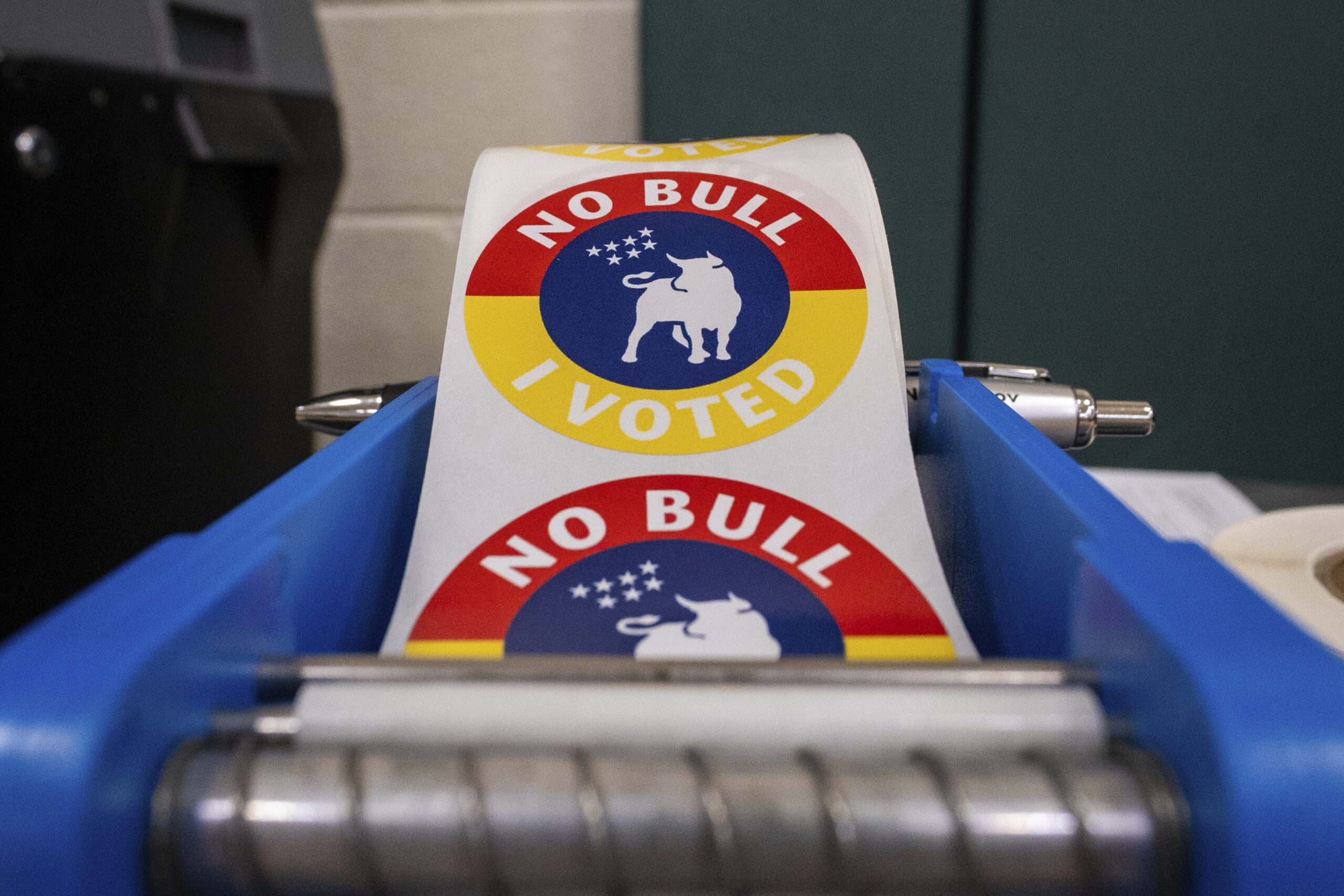Louisiana Sued Over Vague Proof-of-Citizenship Voting Law
Voting rights groups are suing Louisiana over a new law that forces every would-be voter to provide documentary proof of citizenship in order to register.
Voting rights groups are suing Louisiana over a new law that forces every would-be voter to provide documentary proof of citizenship in order to register.
While Griffin’s concession is great news for voters — and fair elections — Republicans have other maneuvers up their sleeve to undermine democracy. For nearly a decade, they’ve been plotting to take control of state elections — and they may finally have succeeded.

Texas voters could encounter concealed guns at the polls starting this year.
The 11th Circuit has the rare opportunity to strengthen a key provision of the Voting Rights Act.
North Carolina Supreme Court Justice Allison Riggs was sworn in after a six-month legal battle against a Republican judge who sought to overturn the election results.
This case in Georgia is an opportunity to further expose the MAGA anti-voter machine, and affirm that the Voting Rights Act still has teeth.

The DOJ’s voting section has gone from 30 attorneys to just three since Donald Trump returned to the White House in January.
Wyoming’s new proof of citizenship law is facing a lawsuit that claims it will “make it harder for eligible citizens to vote.”
A federal court ruled that Alabama’s 2023 congressional map violates both the Voting Rights Act and the 14th Amendment of the Constitution.
There are things every one of us can do in our daily lives to help ensure free and fair elections — and, in doing so, limit Trump’s power. Here is the list.
